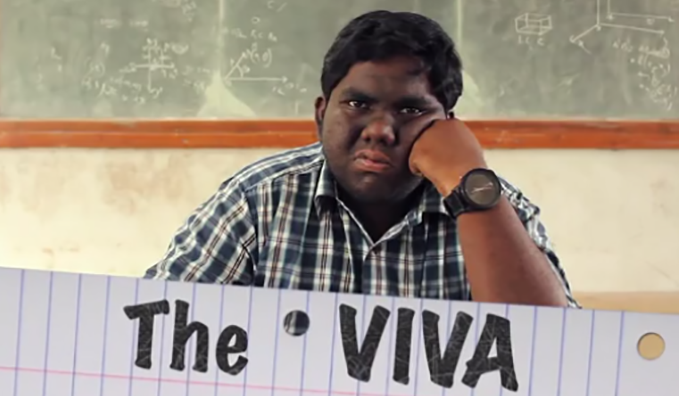
Last week I reached thirty two. Thirty two doctoral researchers who successfully defended their research. Thirty two Doctors let loose on the world.
And two things are now on my mind. Not thirty two. Just two.
The first thing I’m thinking about is how heavily the viva weighs on me as a supervisor – not nearly as much as it does the doctoral candidate for sure, but viva-time is still a pretty anxious period. This is not because professional doctorate and PhD ‘successes’ are now counted and audited in the university, although I dare say I could get worried about that if I chose to. No, the worry and anxiety comes from the long-term nature of the pedagogical relationship. I care about whether the doctoral candidate gets what they need and want from their investment of trust in me, as well as the time and money that they’ve spent. And just before the viva, I always experience nagging doubts about whether I could have done more, done something different, should have done this instead of that… so having two vivas on two consecutive days, as happened last week, meant a couple of pretty nervous nights for me, as well as the candidates. I’m sure I’m not the only supervisor who feels this kind of worry.
The second thing I’m thinking about is that, as a supervisor, I usually don’t have a clue what the examiners are going to ask. All of those generic questions that supposedly prepare for vivas – they really aren’t asked. Ever. Well, that’s my experience anyway, as the supervisor who sits in the room and listens. The examiners always come up with angles and issues that I just haven’t anticipated.
I think that this may be in part because at the end of the three to four-year engagement with a doctoral researcher and their work, it’s pretty tricky for me as supervisor to feel separate from the thesis, just as it is the doctoral researcher themselves. But it’s mainly because it’s well, you know, it’s peer review. And peers have their own takes on things – and unlike blind peer review, you’ve asked these examiners precisely for that reason. Examiners are interesting and generous scholars who will read the thesis through their eyes – not mine.
So, apart from knowing that there’s likely to be some questions about method and maybe analysis and ethics, and something about theory and something about contribution, I’ve largely given up trying to predict exactly what will be asked in a viva. “Just know your stuff, what you did and why” is now the best advice I can give to people before their viva. Expect the unexpected. Know what you’re good at. It’s a conversation.
And yes, the viva preparation task for me as supervisor is trying to read for the things that might be considered strong and weak points in the thesis, I can’t not do that. But it’s also being up front about the fact that I’m not able to predict with any accuracy what will happen. I’ll always be surprised by what examiners ask in the viva, just like the doctoral researcher.
I’ve currently got one person waiting for their viva date, and three people getting prepared to hand in this academic year. So these thoughts are not going to go away.
But if anyone has a working crystal ball going cheap, that could certainly reduce the second of my worries – not knowing what will be asked – but never the first. I’ll always feel a mixture of concern and hope that viva events will turn out OK.
